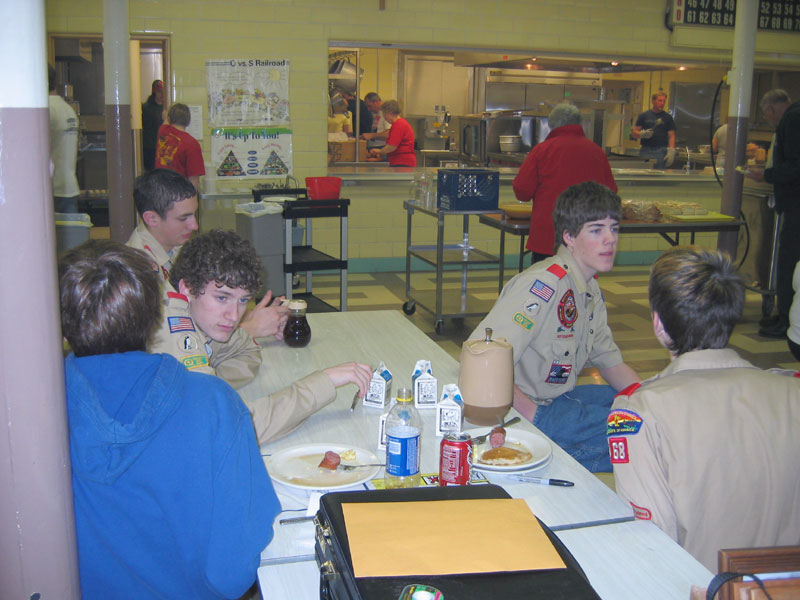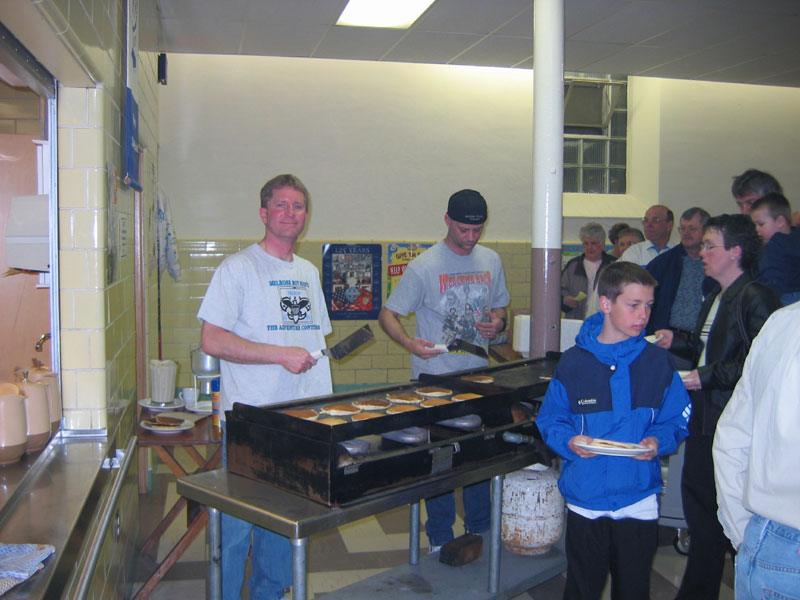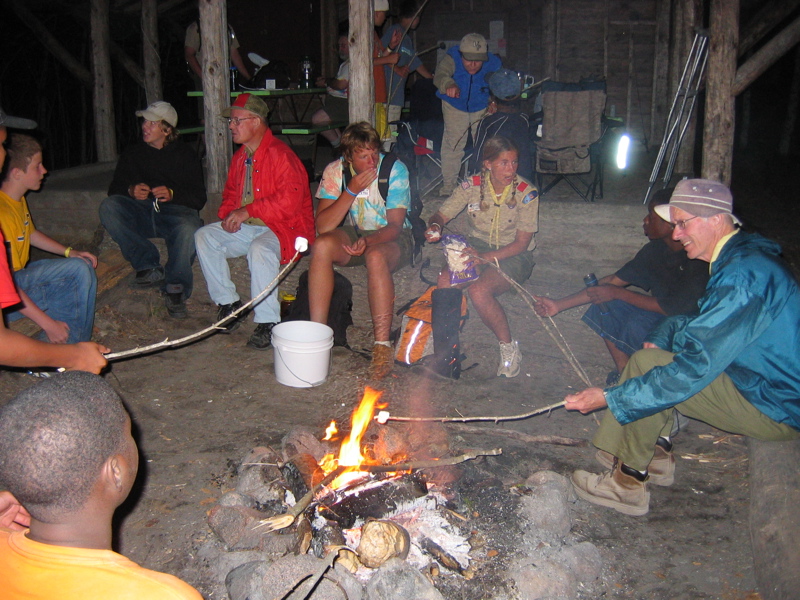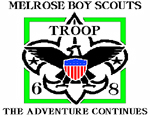 Thanksgiving and the holiday season is upon us. The end of the year is on the horizon. What do I as a Scout Leader have to be thankful for? Hmmm. Let’s see.
Thanksgiving and the holiday season is upon us. The end of the year is on the horizon. What do I as a Scout Leader have to be thankful for? Hmmm. Let’s see.
I am thankful for a community that has supported the Scout program for the last 27 years.
I am thankful for living in Minnesota with its 10,000 lakes, rolling hills, forests, and campgrounds. Minnesota truly is a Scouting paradise.
I am thankful for the opportunity to take part in five treks at Philmont Scout Ranch, a canoe trip to the BWCA, the 2001 National Jamboree as the scoutmaster of Troop 1417, nineteen week-long summer camps, and hundreds of weekend activities.
I am thankful for my employers who have recognized the importance of Scouting in the community, and providing the flexibility that allowed me to attend troop activities and high adventure bases.
I am thankful for the good and caring committee members and parents that have helped through the years, and for an assistant scoutmaster who has been a member of the team for nearly twenty years.
I am thankful for a supportive and helpful council and district staff, and a committed district executive. I am also thankful for the good friends and mentors I have met through Scouting.
I am thankful for the hundreds of enthusiastic boys that have been a part of my Scouting experience through the years. They are the ones that create the atmosphere that keeps me involved with Scouting.
I am thankful for the opportunity to assist sixteen boys on attaining the rank of Eagle Scout, the BSA’s highest award.
I am thankful for the good health that has allowed me to be a part of Scouting for 29 years. (Three years as a Boy Scout and 26 years as an adult leader.)
I am thankful for Lord Baden-Powell and William Boyce for providing and developing a program that has helped millions of boys and young men develop leadership skills and values that they have used throughout their adult lives.
I am thankful to the Almighty Lord God for giving me the skills and patience needed to work with teenage boys over the past three decades.
Now, what do you have to be thankful for? Add a comment and let us know about it.




